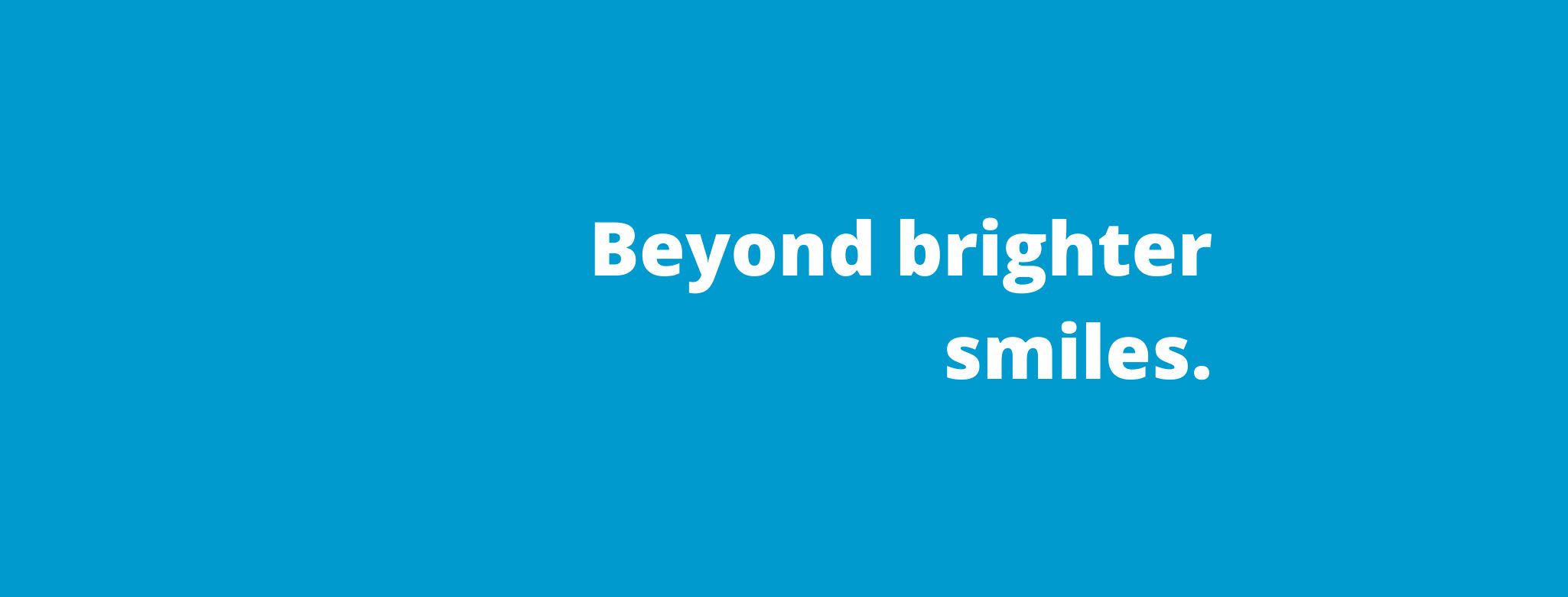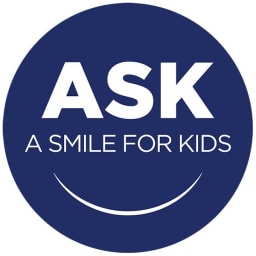
As the Oregon Health Plan doesn't cover orthodontic treatment for non-cleft palate youths in Oregon, there is a significant amount of youths with handicapping malocclusion who are not able to receive the medically necessary treatment. This means that any child who suffers from malocclusions that impair eating, sleeping, breathing, and speaking must raise an average of $6,000 (that is if there are no complications) to receive corrective orthodontic treatment. This barrier has created a built-in exclusion of all OHP populations in Oregon, adding to not only medical needs, downstream exacerbated complication, lower graduation rate, and increased Emergency department use, but also enormous behavioral/mental challenges resulting from relentless bullying.
ASK receives referrals from DHS, school counselors, teachers, coaches, clinicians and anyone else who works professionally with children. Orthodontists screen for medical need and arrange for orthodontic treatment if applicant is accepted into the ASK program. We reserve funds for the most severe cases and monitor school grades throughout.
ASK requires participants to volunteer four hours per month in a community-based organization during the 18-to-24-month treatment (learning how to work and adding experience to a college or work resume). We also require that youths that apply to our program lift their grades to at least a "C" in all classes before we start treatment, and then maintain that minimum requirement during the treatment period. These requirements, along with the actual braces change the trajectory of the lives of students who otherwise are at risk for not graduating high school. As a consequence of their success in school, we help kids find a path forward with secondary education, apprenticeships, or simply finding a job. This leads to a higher lifetime income, better health, lower mortality and incarceration rates.
All treatments are carried out by ASK partner orthodontists who are board certified and licensed by the State of Oregon. ASK follows the scientific process and works with the OHSU Community Research team to quantify our impact on communities through peer reviewed studies. Although we cover all 36 counties in Oregon, ASK has just entered into a partnership with OHSU to treat youths in the Portland area as a means to educate more orthodontists in Oregon.
ASK has existed since 2004 and use orthodontic screeners as a backup to review the initial consultation results. We do that to ensure that the outcomes are reviewed as objectively as possible.
We use the following resources to indicate longitudinal studies related to the Social Determinants of Health outcomes for the youths in the ASK program:
https://www.bls.gov/careeroutlook/2015/data-on-display
https://www.census.gov/prod/2002pubs/p23-210.pdf.
https://doi.org/10.1177/2332858418799085
https://oregoncf.org
https://independentsector.org
https://www.stopbullying.gov/media/facts/index.html#stats
https://www.healthypeople.gov
https://www.nationalservice.gov/resources
ASK uses REAL-D data to Increase the number of kids form marginalized populations who will receive orthodontic treatment. and we also aim to expand ASK's reach in Oregon so more OHP youth have access to orthodontic treatment.
Oregon youths who receive much needed orthodontic treatment because of handicapping malocclusions, use their local emergency department less. This is partly because they are now seeing a dentist and an orthodontist on a regular basis as is their whole family.
Because of the ASK focus on high school graduation and volunteering outside their home, the ASK candidates are also more likely to become self-sufficient and less likely to need entitlement support. All this helps decrease healthcare cost and increase health outcomes.
A Smile for Kids employs a total of 4 employees. 1.5 full time employees focus entirely on managing the ASK program. This includes communicating with the referring professionals, family, resource caregivers, applicant, DHS, orthodontists, dentists, oral surgeons, (schools to monitor grades), and any other organization or person who is needed to help the youth through the ASK program. This also includes after hours incoming calls from any of the kids we currently have active, who need encouragement when things are "rough".
Because we work with 43% resource (foster) youths, we also work closely with kids from trauma affected backgrounds which adds to the complexity of carrying out the program. Since we are a small team, we maximize the functions of several electronic databases and other software - all HIPAA compliant and following Personal Health Information standards when sharing records with medical professionals.
Donors
- Charles Dodimead
For the love of kids
